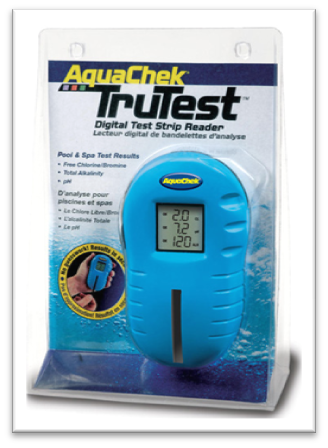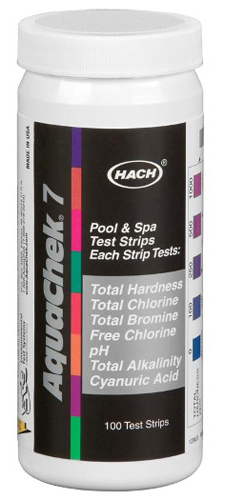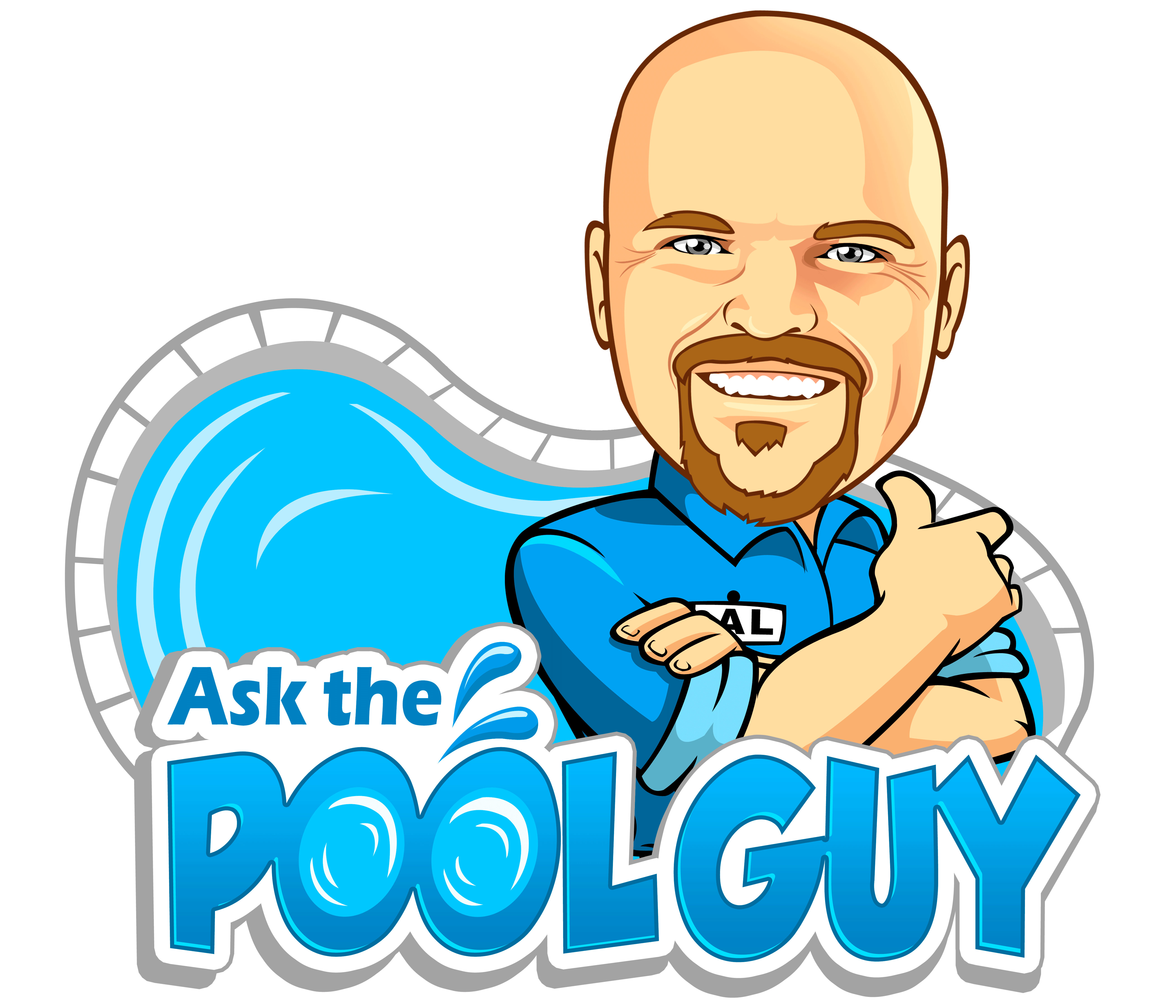 We all know that testing your pool’s water is one of the basic maintenance routines. Take some time to read over this article and make sure you are testing for the right things!
We all know that testing your pool’s water is one of the basic maintenance routines. Take some time to read over this article and make sure you are testing for the right things!
What chemicals to test for:
There are usually five to seven main chemicals pool test kits look for. They are: pH, chlorine, total alkalinity, stabilizer and calcium hardness.
How often to test the water:
In an ideal world, pool owners would test their pool’s water every day. However, we realize that is unrealistic. If you do not own a commercial swimming pool, we recommend you test your pool’s water twice a week. Chlorine should be fed consistently into your pool through a feeder device. Once the water is stable, the alkalinity, pH and calcium hardness should fluctuate less, so testing once a week or every other week should be sufficient. We also recommend that you bring a water sample into your local pool store ONCE A MONTH for a workup as well. That helps to monitor a bit more exactly than reading test kits or test strips.
What are the levels the pool guy recommends for an optimal pool?
pH= 7.2-7.6
Chlorine= 1.0-3.0ppm
Total Alkalinity: 80-120ppm (Keep it between 80-100 for a salt pool)
Calcium Hardness: 180-220ppm in a vinyl liner pool, or 200-300ppm for gunite/pebble
Cyanuric Acid: 40-80ppm
Total Dissolved Solids: below 5000ppm
How long do reagents last?
Reagents are also known as test strips. They typically last one season. They tend to lose their strength over time. They can be destroyed by direct sunlight and extremely hot temperatures. We recommend they are replaced annually. If you are getting suspicious readings, try buying new ones and compare the results.
Can I use reagents from other test kits?
No. The drop size, concentration, and variation of color will provide inaccurate results. Use only the reagent test strips with your reagent test kit.
Does a chlorine test kit test for bromine?
To find your bromine levels, use test strips made for bromine.
What if your test kit shows no chlorine but you know it’s there?
If your pool’s chlorine levels are extremely high, the content can bleach out DPD. You could try diluting the sample with some water and testing again. There are also situations where high levels of stabilizer or cyanuric acid can cause a situation known as ‘chlorine lock’. Lower your cyanuric acid levels by dilution.
If you are smelling chlorine, chances are your reagent is not reading your combined chlorine levels (chloramines), only your free chlorine levels. If high levels of chloramines are detected, you will most likely need to shock your pool.
What type of test kit should I buy?
There are many different kinds of test kits available. The Pool Guy recommends an all-in-one test strip. AquaCheck offers a 7 in 1 set of test strips which is easy to use and easy to read. AquaChek also offers an electronic test for chorine, pH and alkalinity which takes the guess work out of color matching, which we also highly recommend!
Call us at Ask the Pool Guy & we can direct you to the perfect test kit for your pool!
